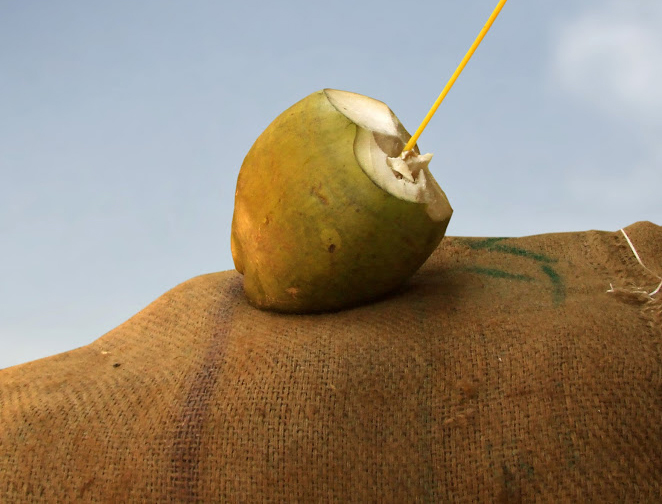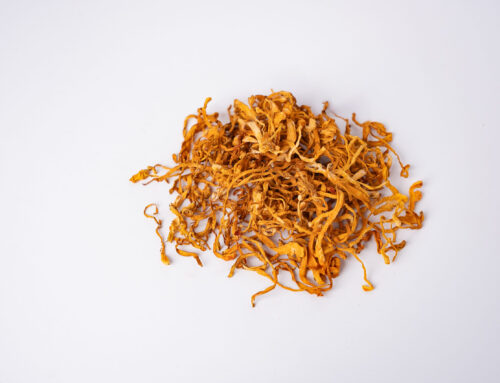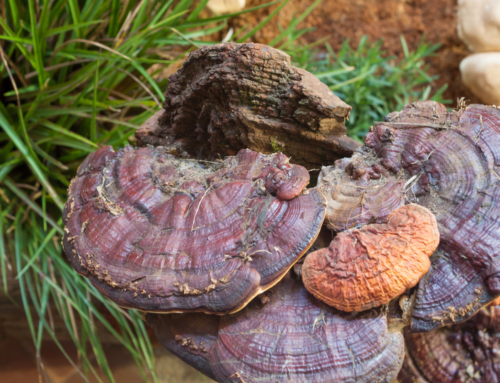Scan the beverage section of any grocery store and you’ll notice the ever-growing selection of sports drinks for both casual and elite athletes. Gatorade, a popular hydrating beverage first introduced in the mid 60’s was once every athlete’s choice, poking out of gym bags and lining team benches at the ready for players to guzzle. More recently, coconut water has become all the rage in the sports world, and is viewed as an all natural, healthy replacement for traditional sports drinks. But is it really? Here’s how the two measure up against each other.
An 8-ounce serving of unsweetened coconut water has approximately 50 calories and 12 grams of natural sugars, compared to approximately 50 calories and 14 grams of sugar for the same serving of Gatorade. Gatorade also contains brominated vegetable oils (derived from soybeans), high fructose corn syrup, glycerol (an ester of wood resin) and artificial colours. Coconut water certainly seems to be a “cleaner” sports drink. But compared to conventional sports drinks like Gatorade, coconut water is lower in two of the main ingredients that an athlete’s exhausted system would need after a tough workout: sodium, the main electrolyte lost through sweat, and carbohydrates, which help replenish the body’s spent energy stores. Though coconut water is an excellent source of potassium (430 milligrams per 8-ounce serving), and many of us don’t take in anywhere near the recommended daily amount of 4700 milligrams of potassium per day, it definitely lacks the requisite amounts of sodium and carbohydrates for adequate recovery after rigorous exercise.
The good news about coconut water is that it can be “dressed up” to perform like a regular commercial sports drink. A 2007 study by Ismail, Singh and Sirisinghe out of the University of Malaysia, showed that coconut water enhanced with sodium performed as well as a commercial sports drink in a post exercise rehydration test but with better fluid tolerance. Athletes also complained less of stomach fullness or stomach upset after consuming the sodium enhanced coconut water. So if athletes are looking for a healthy alternative to regular commercial sports drinks, then this recipe developed by dietician, sports nutritionist a professional athlete, Pip Taylor, might be worth trying. The ratio of sugar and salt in the recipe is based on the World Health Organization’s recommendation for hydration solutions: 3.5 grams of carbohydrate per 100 millilitres (or a 3.5 percent solution). According to Taylor, this combination of sugar and salt is important because the glucose will accelerate the body’s uptake of the solution, thereby speeding rehydration.
DIY Sports Drink: ‘Enhanced’ Coconut Water
-
Ingredients
- 2 cups (480 ml) coconut water
- ½ tsp sea salt
- 4 tsps honey, maple syrup or granulated sugar
- 1 large slice lemon or lime
-
Directions
- Mix all the ingredients together well, pour into water bottles and keep chilled until you are ready to use . Try making other flavours using 1 tablespoon fresh mint, ½ cup fresh berries, half of an orange or create your own custom taste!
This DIY Sports Drink can also be enhanced with CanPrev’s ElectroMag magnesium supplement. The fizzy mixture comes in convenient little sachets that can be quickly opened and added to any drink. It contains magnesium bis-glycinate, a chelated form of magnesium that provides energy production and muscle relief, and has some of the highest levels of absorption and bioavailability. Unlike other forms of magnesium, the bis-glycinate form doesn’t react in the stomach, making it gentle on the bowels and easier to absorb. ElectroMag also provides an extra boost of vitamin C and electrolytes for added antioxidants and energy support. The taste is electrifyingly delicious!
When should an athlete choose a sports drink or enhanced coconut water over plain water?
Generally for running or vigorous activity longer than 60 minutes, sports drinks or enhanced coconut water are a good idea. They have valuable carbohydrates that athletes’ muscles need for energy. They also contain electrolytes like sodium and potassium, which are lost through sweat but are integral to nerve and muscle function, and contribute to the body’s water balance. In terms of how much to drink, the level of thirst is generally used as a guide. White streaks or a gritty feeling on the face is an indication of sodium loss, so a traditional commercial sports drink or enhanced coconut water is the best option for replacement. It should be noted that for an athlete who perspires heavily, neither an enhanced coconut water nor a sports drink would contain nearly enough sodium or carbohydrates to replace what’s lost. In this situation, the individual would need to consume a quick source of energy like a banana, dried fruit, salty pretzels or rice chips.







Leave A Comment